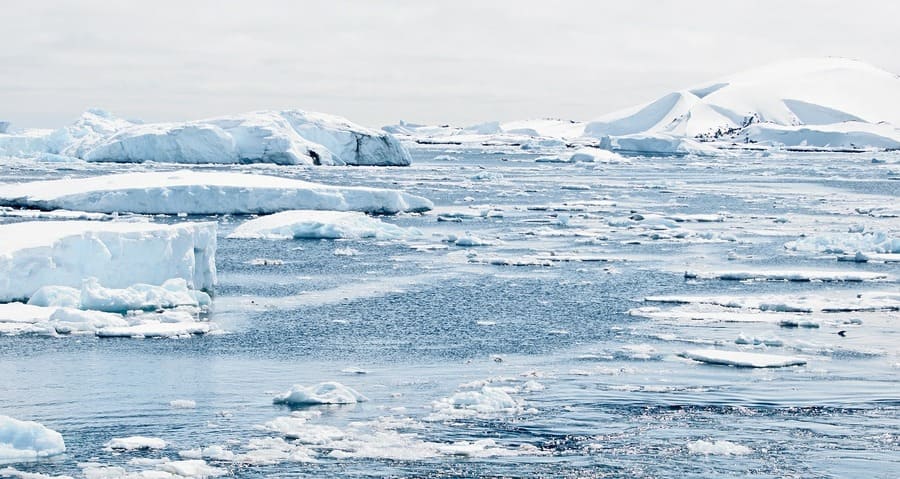According to a study by the National Snow and Ice Data Center Global warming, Antarctica is going to have a record low sea ice extent this year 2022, due to global warming.
Scientists have analyzed data collected by satellites since 1978, and Antarctica is expected to have record low sea ice in 2022. Between 2014 and 2015, the sea ice surrounding the continent reached record highs. However, a process of decline in the ocean surface covered by sea ice began in 2016.
According to specialists, the abrupt drop is unprecedented. While the sea ice in Antarctica has never been entirely stable, experts noted that what was seen in 2021 is a much greater variation than usual.
Several other scientists have expressed concern about the receding sea ice. This unusual variation is a clear sign that the climate is changing. Previous studies have focused on the Arctic, where the effects of climate change are most visible. In this region, the snow cover is melting more rapidly, resulting in a darker ground surface area, which absorbs more heat and increases the melting of ice.
Damaging effects of record low sea ice
Experts now believe that the damaging effects of global warming have also reached Antarctica with the decline in sea ice. The Antarctic Ocean is covered with ice, thereby reflecting sunlight, and keeping the air cooler. However, the collapse of all that ice could have serious consequences for the entire planet.
Among the possible consequences of sea ice decline is a rise in sea level. This is one of the fundamental fears of insular countries, many of which could disappear in the not-so-distant future.
Several scientists have warned of the danger in the coming five years if the ice shelf supporting the Thwaites Glacier in West Antarctica were to break up. Should this happen, sea levels would rise sharply. It is no coincidence that experts call this glacier “Doomsday”.

